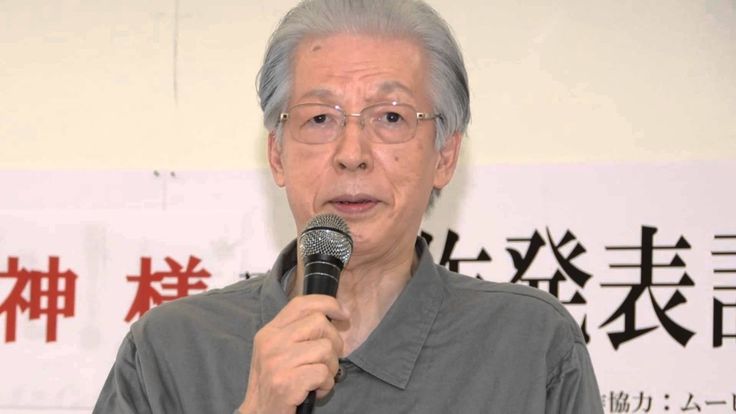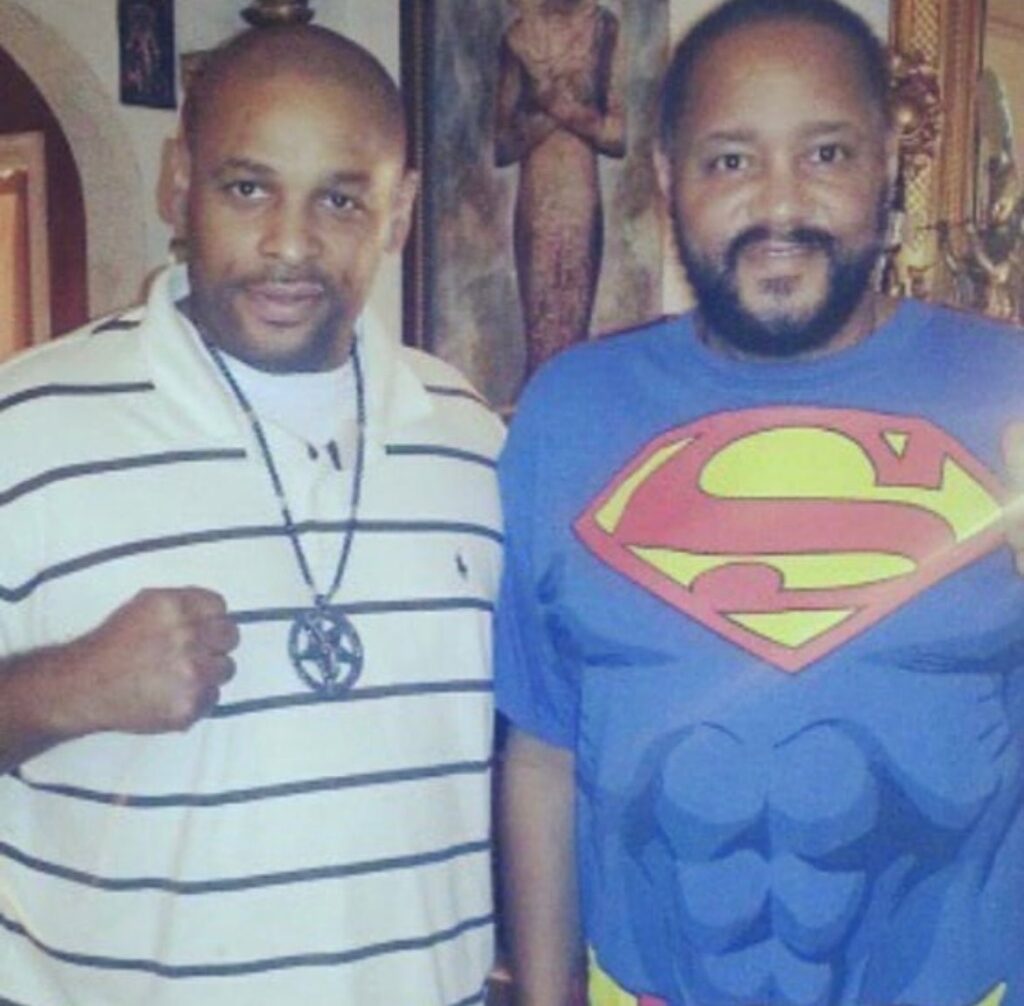A Japanese cult infamous for its foot-reading scams under the guise of spiritual healing.
Ho No Hana Sanpogyo, colloquially known as the “foot reading cult,” was a new religious movement that gained notoriety in Japan for its fraudulent practices centered around foot reading. The group was founded in 1987 by Hogen Fukunaga, who after claiming to be the reincarnation of Jesus Christ and the Buddha, leveraged his supposed divine insight to diagnose illnesses and fortune through the inspection of people’s feet.
Fukunaga, initially an electrician, spiraled into a household name through the publication of texts, claiming to be the world’s final savior after Jesus and the Buddha. The cult attracted 30,000 members at its peak, charging $900 for foot readings. Victims, often approached during vulnerable times, were convinced through foot readings that they faced serious diseases or misfortunes, which could only be remedied through attending expensive seminars or purchasing high-priced scrolls and ornaments purported to ward off evil and cure illnesses. The costs for these items and seminars could reach into the millions of yen, a strategy that enriched the cult but left many of its followers financially and emotionally devastated.
The cult’s practices were not only financially exploitative but also dangerous. Members were subjected to intense initiation rites, and there were instances of fatalities during these activities. Fukunaga and the cult’s leadership were involved in elaborate fraud schemes, extracting millions from followers under the pretense of religious and spiritual enlightenment. This included threats of worsening conditions or curses if hefty donations were not made. The recruitment and expansion of Ho No Hana were aggressively pursued, with members being set strict goals to increase the cult’s ranks. This expansion was facilitated by a blend of intimidation, deception, and lofty promises of spiritual salvation.
Fukunaga’s extravagance, funded by the cult’s earnings, included wearing expensive suits and shoes, and allegedly “buying” audiences with high-profile figures worldwide. His legal troubles peaked when he was sentenced to 12 years in prison after being found guilty of swindling followers out of approximately 150 million yen through fraudulent religious training fees.
Ho No Hana’s practices and the eventual legal consequences for its leaders underscore a period of vulnerability and the search for spiritual guidance in Japan, particularly during the economic uncertainties of the 1990s.
image via Pinterest




